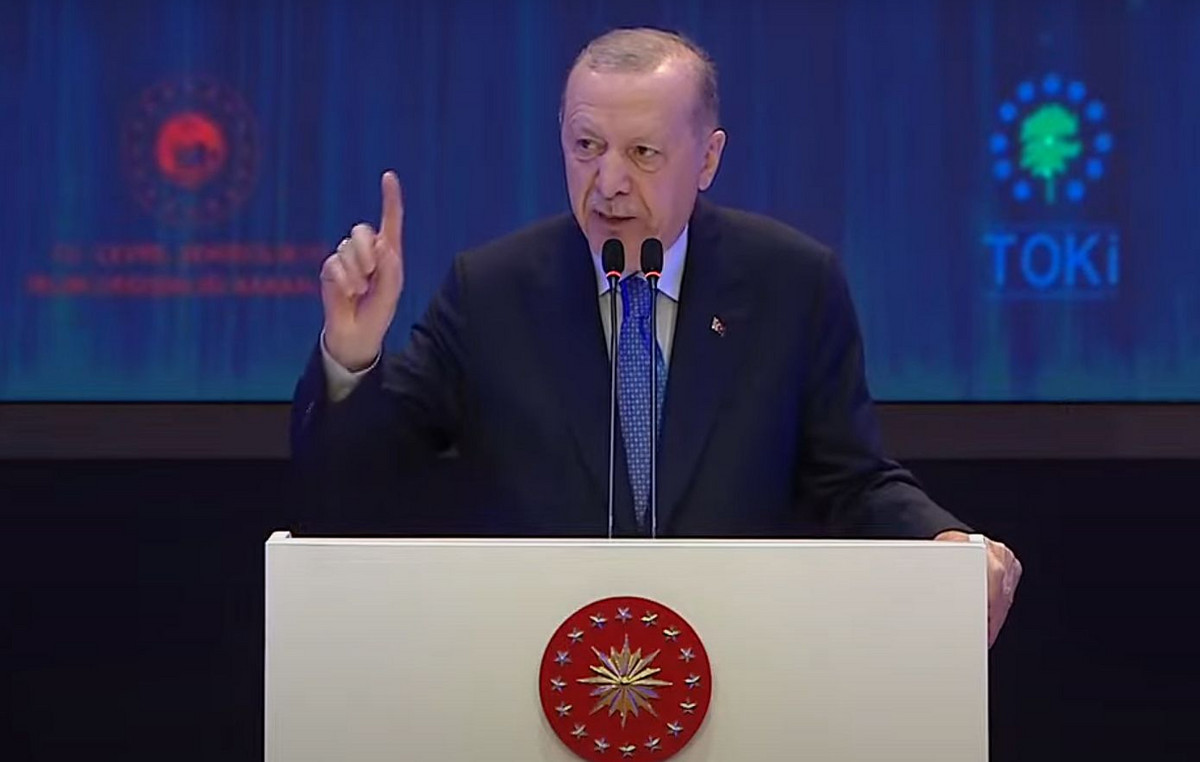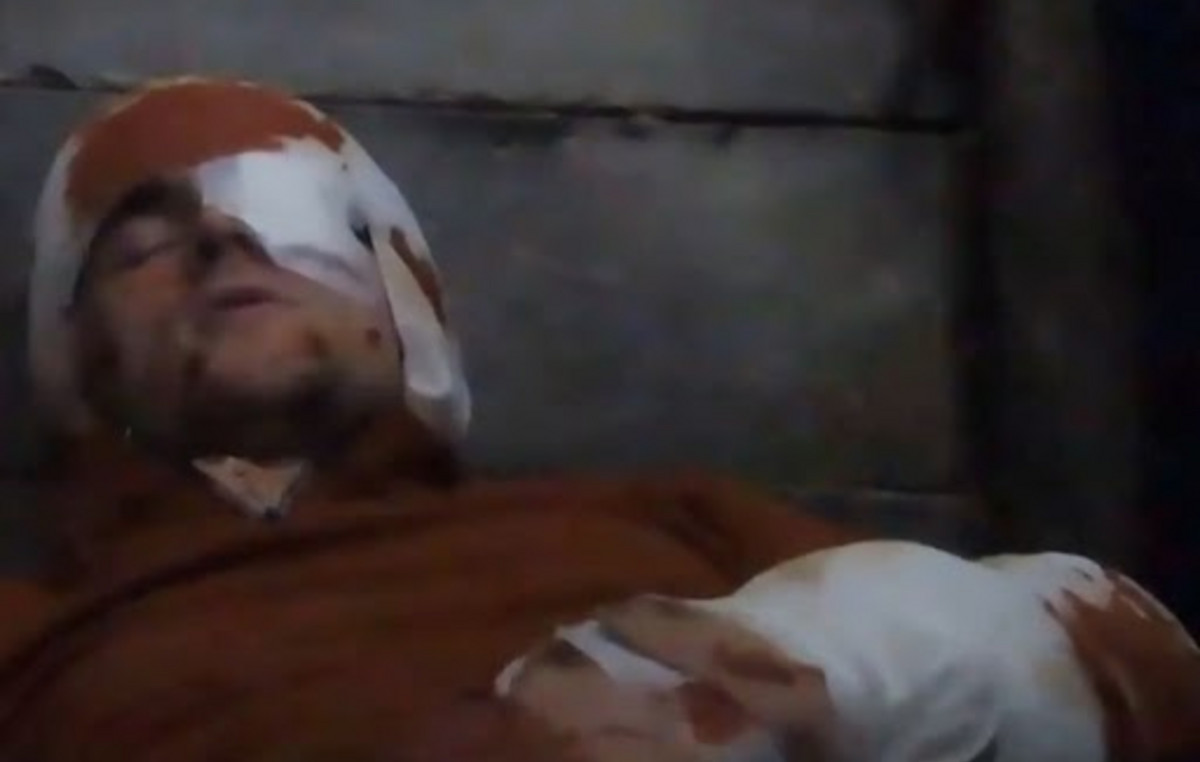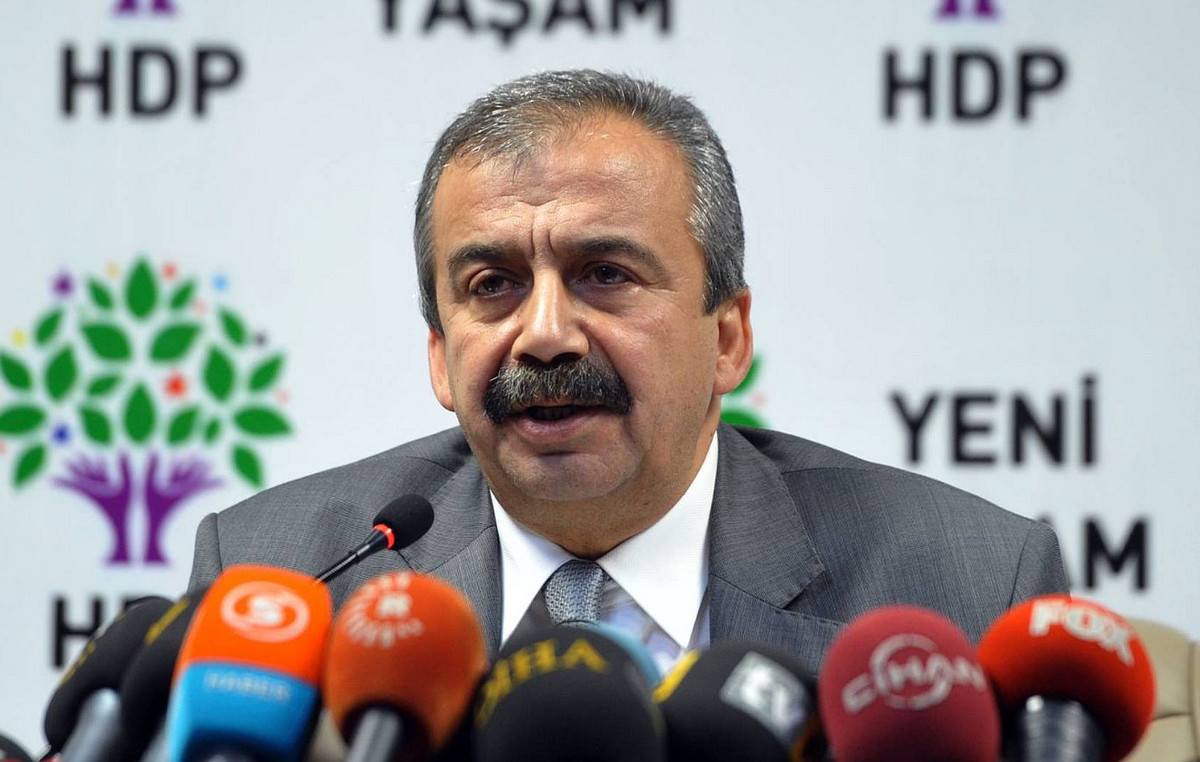Russian President Vladimir Putin's main opponent and outspoken critic of the Kremlin, Alexei Navalny, has died at the age of 47, the Russian prison service said.
Authorities say Navalny “felt unwell after a walk” and lost consciousness “almost immediately,” the prison service said on Friday.
The prison service added it was investigating his “sudden death”.
Navalny had long been a thorn in President Vladimir Putin's side, exposing corruption in senior positions in Russia's government, campaigning against the ruling party and orchestrating some of the biggest anti-government protests seen in recent years.
He returned to Russia in 2021 and was quickly arrested on charges he rejected as politically motivated.
He had been imprisoned ever since, and long-standing concerns for his well-being became more intense after he was transferred to a penal colony north of the Arctic Circle.
Kremlin spokesman Dmitry Peskov said Putin had been informed of the death and it was up to doctors to determine Navalny's cause of death.
“As far as we know, in accordance with all the rules, the penitentiary service is carrying out checks and clarifications,” Peskov told reporters.
Asked about reports that the death involved a blood clot, he replied: “I don’t know. The doctors must find out.”
Navalny's spokeswoman, Kira Yarmysh, said his lawyer is traveling to Kharp, where Navalny has been detained since December.
“As soon as we have any information, we will report it,” wrote Yarmysh on X (formerly Twitter).
Lyudmila Navalnaya, Navalny's mother, told Russian independent news channel Novaya Gazeta that she last saw her son on February 12 – four days before his death – when he was “alive, healthy and happy”.
She said, “I don’t want to hear any condolences.”
Navalany's death comes just before Russia's presidential elections, scheduled for March 17, where Putin will run for his fifth term, in a move that could keep him in power until at least 2030.

Navalny was sentenced to 19 years in prison last August after being found guilty of creating an extremist community, financing extremist activists and several other crimes.
At that time, he was already serving an 11 and a half year sentence in a maximum security facility for fraud and other charges that he denies.
Four months later, his lawyers said they had lost contact with Navalny, who was believed to be imprisoned in a penal colony about 150 miles east of Moscow.
He failed to show up for several court hearings scheduled for December.
His legal team said on December 22 that he had been missing for 17 days. “Navalny has never been out of sight for so long,” Navalny’s team said in a Telegram post.
After submitting 680 requests to locate Navalny, his team announced on December 25 that they had “found” him more than a thousand kilometers away, in the IK-3 penal colony in Kharp, known as the “Polar Wolf”.
“The conditions there are harsh, with a special regime in the permafrost zone. It’s very difficult to get there and there are no letter delivery systems,” said Ivan Zhdanov, director of Navalny’s anti-corruption foundation.
Navalny joins a long list of Russian dissidents who have died after challenging Putin's legitimacy. Many questioned why he continued his campaign despite the clear risks to his safety.
“I’m not afraid and I’m not going to give up on what I’m going to do,” Navalny told CNN in 2018.
I will not give up on my country. I will not give up my civil rights. I will not give up on uniting those around me who believe in the same ideals as me. And there are many people like that in Russia.
Alexei Navalny to CNN in 2018
A fierce critic of Putin
Navalny has posed one of the most serious threats to Putin during his rule, which has lasted more than two decades.

He organized street protests against the government and used his blog and social media to expose accusations of corruption in the Kremlin and the Russian economy.
His fight gained him global fame when he was poisoned with the nerve agent Novichok in 2020.
Navalny was airlifted from the Siberian city of Omsk and arrived in a coma at a hospital in Berlin.
A joint investigation by CNN and the Bellingcat group accused the Russian Security Service (FSB) of Navalny's poisoning.
The investigation found that the FSB's toxin team, made up of around six to 10 agents, followed Navalny for more than three years.
Navalny later tricked one of the spies, Konstantin Kudryavtsev, into revealing how he was poisoned.
He posed as a senior official at Russia's National Security Council tasked with carrying out an analysis of the poisoning operation and called Kudryavtsev, who provided a detailed account of how the nerve agents were applied to a pair of Navalny's underwear.
Russia denied involvement in Nalvany's poisoning in 2020. Putin said at that time that if the Russian security service had wanted to kill Navalny, they “would have finished” the job.
Responding to the news of Navalny's death, NATO Secretary General Jens Stoltenberg said Russia had “serious questions” to answer.
“Alexey Navalny has been a strong voice for freedom and democracy for many years and NATO allies have long called for his immediate release,” Stoltenberg told journalists in Germany.

US National Security Advisor Jake Sullivan echoed these remarks.
“If confirmed, it is a terrible tragedy, and given the Russian government's long and sordid history of causing harm to its opponents, it raises real and obvious questions about what happened here,” Sullivan said in an interview with NPR.
American President Joe Biden previously told reporters in 2021 that he warned Russian President Vladimir Putin that the consequences would be “devastating for Russia” if Navalny died in prison.
Ukrainian President Volodymyr Zelensky said Putin must be held responsible for Navalny's death.
“It is obvious to me that he was killed,” Zelensky said at a joint press conference in Berlin with German Chancellor Olaf Scholz.
“Putin doesn’t care who dies, as long as he stays in his position – which is why he should lose everything. That is why he should lose the war and should be held accountable for the crimes that were committed in his name,” he added.
“Freezing conditions”
Navalny has spent recent weeks in a Siberian prison north of the Arctic Circle, where he said he slept under a newspaper to keep warm and had to eat his meals within 10 minutes.
He told a Moscow court about the “freezing” conditions inside his prison when he appeared via video conference in January to outline his case against authorities at the penal colony where he had been held since December.
Yarmysh, Navalny's spokesman, said conditions in the Siberian prison were “much worse” than near Moscow, where he had originally been held.
“It’s in the north, so it’s very cold there. Even today, the light [solar] It only lasts two hours a day there,” she said in January. “They definitely tried to isolate Alexei and make it harder to evaluate him there,” she added.
On Valentine's Day, the day before his death, Navalny posted a message on social media to his wife, Yulia.
“Darling, with you everything is like a song: there are cities between us, take-off lights from airfields, blue snowstorms and thousands of kilometers. But I feel that you are close every second and I love you more and more,” he said.
Source: CNN Brasil
Bruce Belcher is a seasoned author with over 5 years of experience in world news. He writes for online news websites and provides in-depth analysis on the world stock market. Bruce is known for his insightful perspectives and commitment to keeping the public informed.







